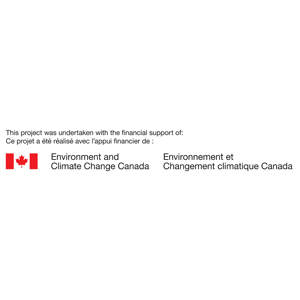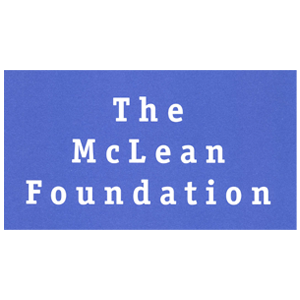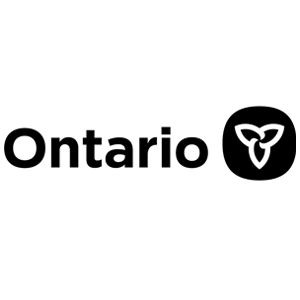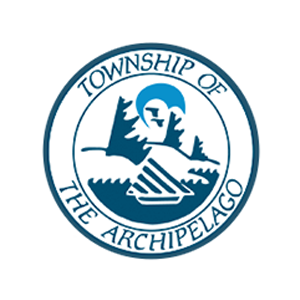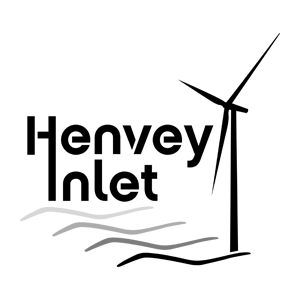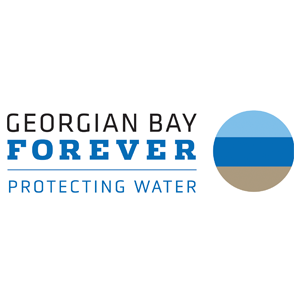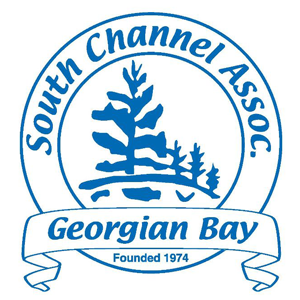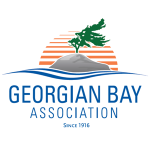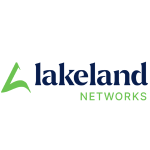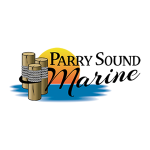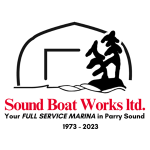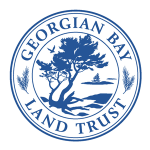The State of the Great Lakes 2022 report, jointly prepared by Environment and Climate Change Canada and the United States Environmental Protection Agency, is now available! The report provides a comprehensive update on how each of the five lakes is addressing current and emerging water quality and ecosystem challenges. Readers can flip through the highlights report or dig into the technical report for full details on each of the indicators. New this reporting cycle, the State of the Great Lakes report can also be explored through a brand new microsite.
The release of the report coincides with the 50th anniversary of the Canada-United States Great Lakes Water Quality Agreement (GLWQA). Developed by Canada and the United States in collaboration with many partners, the agreement is a commitment to restore and protect the waters of the Great Lakes. Initially signed in 1972, the GLWQA has been amended several times, most recently in 2012, as environmental conditions have evolved.
The GLWQA has nine general objectives that the two countries commit to achieving. These objectives are the basis for the nine science-based indicators of ecosystem health assessed in the State of the Great Lakes highlights report. For those who wish to take a deeper dive into the health of the Great Lakes ecosystem, the technical report breaks down the 9 indicators further into 40 sub-indicators. Sub-indicator reports have been prepared by over 110 governmental and non-governmental Great Lakes scientists from Canada and the United States. Sub-indicator reports have undergone a technical review by experts in the field, and a confirmation webinar to ensure the information being presented is the most accurate and up-to-date available.
The indicators and sub-indicators presented in this year’s State of the Great Lakes report provide answers to the following questions.

The State of the Great Lakes report provides a status (Good, Fair, or Poor) and trend (Improving, Unchanging, or Deteriorating) for the entire Great Lakes basin, the five individual lake basins, and each of the nine overarching indicators. Currently, the overall Great Lakes ecosystem across all 9 indicators and 40 sub-indicators is assessed as Fair and Unchanging.
The 2022 report acknowledges tremendous progress on restoring and protecting the Great Lakes, including the reduction of toxic chemicals and the prevention of new non-native aquatic species from entering the Great Lakes.
State of the Lake Huron Basin
The overall status of the Lake Huron basin, which includes Georgian Bay, is assessed as Good and Unchanging. Lake Huron remains a good source of high-quality drinking water. Groundwater quality is considered good and levels of toxic chemicals are declining. Likewise, Lake Huron fish are a nutritious food source and the beaches are generally safe for recreating.
The challenges ahead for all of the Great Lakes, including Lake Huron and Georgian Bay, are the ongoing effects of climate change, as well as the impacts of nutrients and invasive species. In Georgian Bay, invasive filter-feeding mussels are believed to be reducing offshore nutrients important to the food web, such as phosphorus. At the same time, the southern end of Georgian Bay is prone to nuisance algal growth issues in the nearshore.

What can I do to help?
Become a citizen scientist! Take some time to observe the habitat and species in your area and take note of what you find. Have you been seeing any common or unique species? Take a picture and submit it to GBB’s iNaturalist project.
Have you seen invasive species around your neighbourhood or out on the water? Submit your observations to EDDMapS (Early Detection and Distribution Mapping System) to help track the establishment and spread of invasives.
Do you want to help biologists keep track of fish populations? Use the MyCatch app by Angler’s Atlas to log fishing trips and confidentially share data with biologists.
Worried about your lake’s water quality? Join the Lake Partner Program and add to a growing body of knowledge on water quality across the Great Lakes basin! The data you collect will inform aquatic programs across the region including the biosphere’s own water quality programming.
To learn more, stay tuned for the release of GBB’s latest State of the Bay ecosystem health report coming out in summer 2023!

